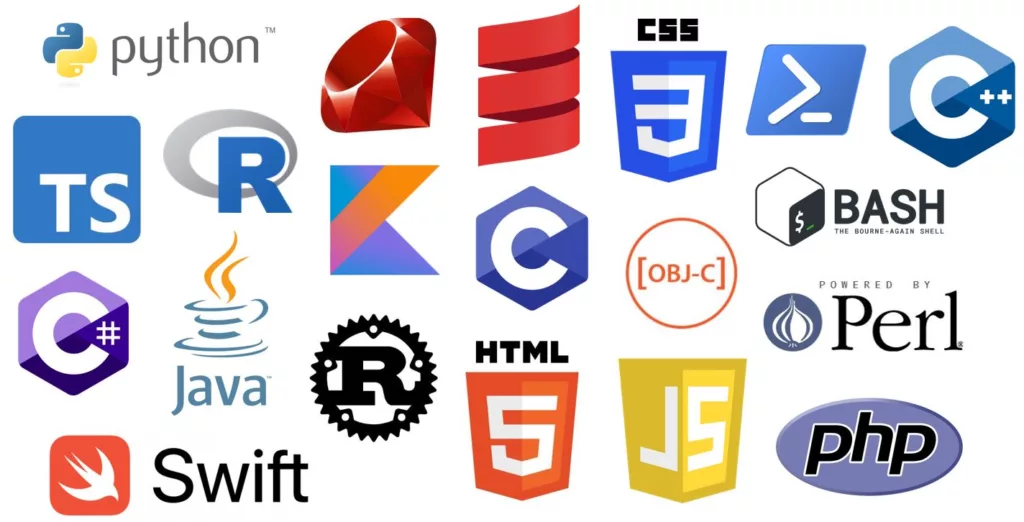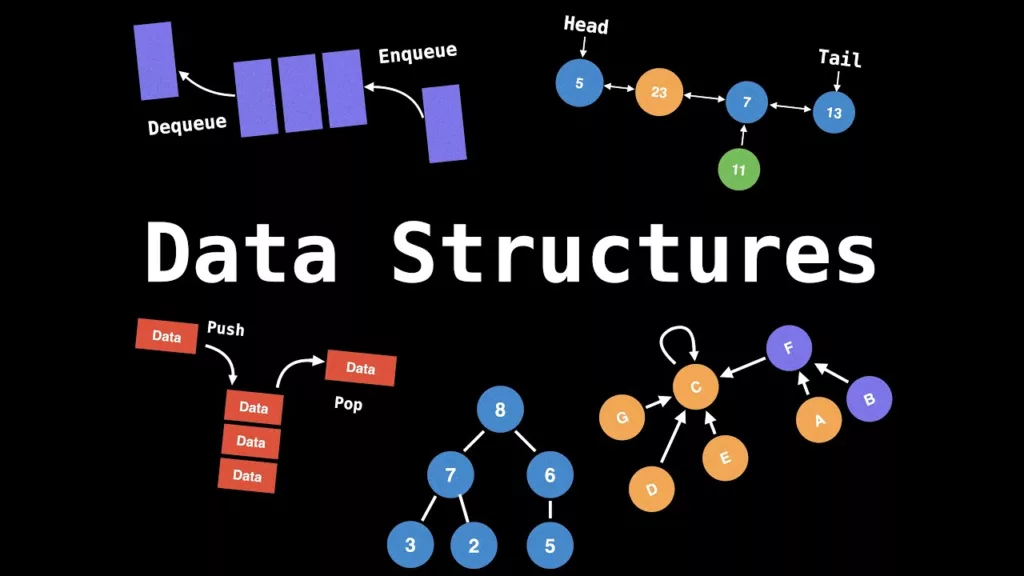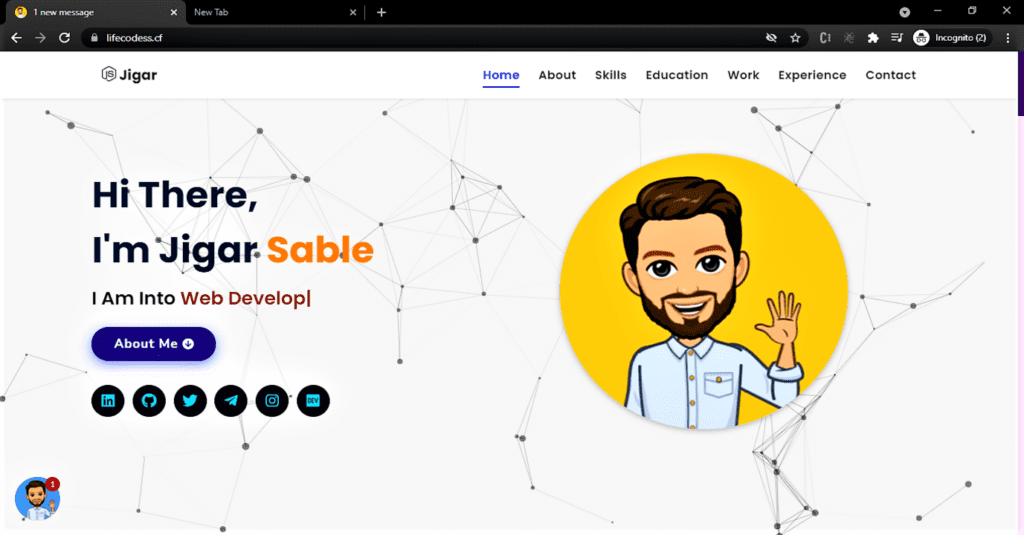The landscape of computer programming is evolving with the like of Elon Musk and Mark Zuckerberg, both of whom learned to code on their own during middle school, as well as Jack Dorsey, a co-founder of Twitter, who left university to focus on self-learning. This aligns with the current trend among developers, as revealed in the 2023 State of Tech Hiring report, where 59% of them identify as self-learners.
Nevertheless, what are the essential qualities one needs to possess in order to thrive as a self-taught developer or programmer? Below are four distinct aspects you should be aware of.
What does a software engineer do?
A software engineer’s role involves the creation, enhancement, examination, and long-term support of software applications and systems. This evolving field blends technical expertise in coding with problem-solving aptitude to give answers to practical problems. In an era of swift technological progress, software engineering continues to be a domain that requires ongoing education throughout one’s career.
How to become a software engineer without a degree
Below are five steps you can follow to pursue a career as a software engineer without enrolling in a formal computer science degree program. Keep in mind that there are various paths to explore; this is just one option.
Step 1: Gain familiarity with a programming language

Top programming languages
When delving into the realm of computer science, you’ll encounter numerous programming languages to choose from. Some common entry-level programming languages for aspiring software engineers include:
- Java: A high-level, open-source programming language used for developing applications that run in browsers and virtual machines.
- JavaScript: A text-based scripting language known for enhancing webpages with interactivity, such as animations, audio features, and carousels.
- Python: A high-level programming language frequently employed by data scientists and business analysts.
Ultimately, the choice of language should align with your career path. For instance, if you aim to become a front-end web developer, it’s essential to master JavaScript fundamentals, as well as backend programming.
On the other hand, individuals interested in game or app development may find Java to be a valuable language to learn, as it is commonly used in enterprise software applications.
For beginners seeking a solid foundation in programming concepts, Python is an excellent choice. Its simplicity, readability, robust community support, and wide array of applications make it a favored option for newcomers embarking on their coding journey, ensuring they don’t feel overwhelmed.
Step 2: Develop an understanding of data structures and algorithms

Data structures
After achieving proficiency in one or two programming languages, the subsequent step involves acquiring knowledge about data structures and algorithms.
Data structures enhance the efficiency of data storage, retrieval, and organization. Algorithms, which can be thought of as sequences of operations and instructions, are applied to data structures to produce desired outcomes. Understanding algorithms and data structures is vital because you’ll be expected to utilize them in the field, and tech companies frequently include questions about them in their coding interviews.
Step 3: Construct an online portfolio on GitHub

Github Portfolio
If you lack professional experience, become acquainted with GitHub and utilize its functionalities to your advantage by creating an online portfolio.
With a platform like GitHub, you can contribute to open-source projects, collaborating with other developers to hone your technical skills and display your expertise. Some recommendations for maintaining an impressive GitHub profile encompass:
- Organize your repositories: Employ clear names and descriptions, and include a README file in each repository, outlining the project’s purpose, how to run it, and other pertinent information.
- Refine your code and incorporate documentation: Insert comments and documentation to elucidate your thought processes and implementations. This not only aids others in comprehending your work but also showcases your ability to produce maintainable code.
- Engage in coding challenges: Solve problems and create projects within specified time constraints. These experiences can demonstrate your capacity to work under pressure and swiftly construct functional prototypes.
- Collaborate on group projects: Demonstrate your teamwork and communication skills by collaborating with fellow developers on a project. This also presents an opportunity for networking.
Step 4: Excel in the technical interview

Technical interview
A technical interview serves as an assessment tool for potential employers and recruiters to evaluate your technical prowess and problem-solving acumen. One effective strategy for preparing for such interviews involves honing your problem-solving skills by tackling technical questions, utilizing resources such as LeetCode, a platform that aggregates a multitude of interview questions. Alternatively, you can explore online short courses or boot camps to acquire coding techniques.
If you’re applying for a role that requires specialization, it’s also essential to revisit concepts and frameworks relevant to that particular technology or stack.
Additionally, it can be beneficial to partner with someone who can assist you in mastering interview techniques. This collaborative effort allows you to practice articulating your thought process while solving problems.
Step 5: Broaden your knowledge
Numerous resources are available for advancing your understanding of software engineering. Whether you opt for enrollment in a coding boot camp or seek certification through a course, the choice of the most suitable path is a decision only you can make, based on your personal preferences and goals.
CMC Global: Your Trusted Software Engineer Partner
CMC Global stands as a worldwide frontrunner in the fields of software development, testing services, and technology advisory. Our diverse types of software development offerings is tailored to cater to our clients’ requirements, including software engineering, quality assurance, mobile application development, DevOps, and artificial intelligence.
Are you prepared to discover how CMC Global’s consulting services for software development can contribute to the success of your upcoming project? Feel free to arrange a consultation today to delve into your business requirements and goals.




